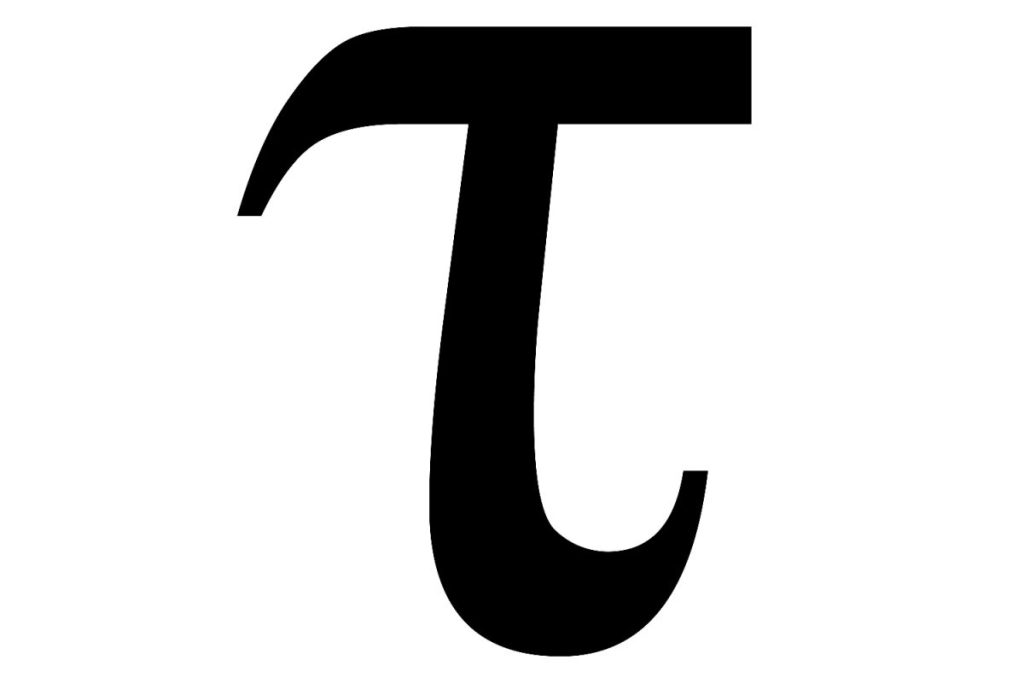Super interesting outcome. I wonder if this case is now precedent for women sueing for access to membership at the various men’s clubs?
There’s specific exemptions in these laws for clubs. I’m not a lawyer, but from what I’ve read, I think if they were to do the paperwork to set up the room as a women-only club somehow, they’d be in the clear.
There’s also the massive general exemption of wether or not your actions are discriminatory.
For example, it’s perfectly legitimate to reject an actor who’s gender doesn’t match the character they are being hired to perform. That is not discriminatory. It’s only discrimination if there’s no valid reason to reject someone based on gender.
The court ruled, in this case, that there was no valid reason to prevent men from viewing picaso/etc’s artwork. “We want to make a point” is not good enough.
I’m not a lawyer, but from what I’ve read, I think if they were to do the paperwork to set up the room as a women-only club somehow, they’d be in the clear.
I’m not a lawyer either, but I don’t think the law works like that. Nuance matters in legal proceedings, and finding a loophole like that might reduce your damages but it won’t prevent you from losing the case. When two pieces of legislation disagree (e.g. no discrimination vs allowing women-only clubs), it’s basically up to the judge to decide which one has priority and they’re likely to choose the one that’s most important. Which would be the anti-discrimination law, not the club law. The world is full of contradicting laws - judges deal with this stuff every day all day and cases where the law is clear generally don’t go to court at all.
deleted by creator
That’s a good point I can see why memberships can be exclusive things but making exclusion based on race or sex should be illegal. I hope it sets the precedent.
Ms Kaechele previously told the BBC the case had felt like her artwork was coming to life and signalled she would fight it all the way to the Supreme Court if necessary.
Someone has messed up here, either in their understanding of Australian courts, or their application of English idioms. Unclear whether Kaechele or the BBC are to blame. “All the way to” implies there are numerous other layers to fight through before you get there. But the Tasmanian Supreme Court is the very first appellate court this case could go to. Then it could be appealed “all the way to” the High Court of Australia.
Good. I think the other option - setting a precedent allowing businesses to skirt discrimination laws by claiming their behaviour was art - would have been a rather poor decision.
This is a win for Mona and the artist. So much publicity. I wouldn’t be surprised if they asked a friend to sue them for the publicity.
Official tribunal documentation:Lau v Moorilla Estate Pty Ltd [2024] TASCAT 58 (9 April 2024)
It never clicked that tassies version of VCAT would be TASCAT, but I absolutely love that name
down with gender but who is making a stink about women’s only spaces?









